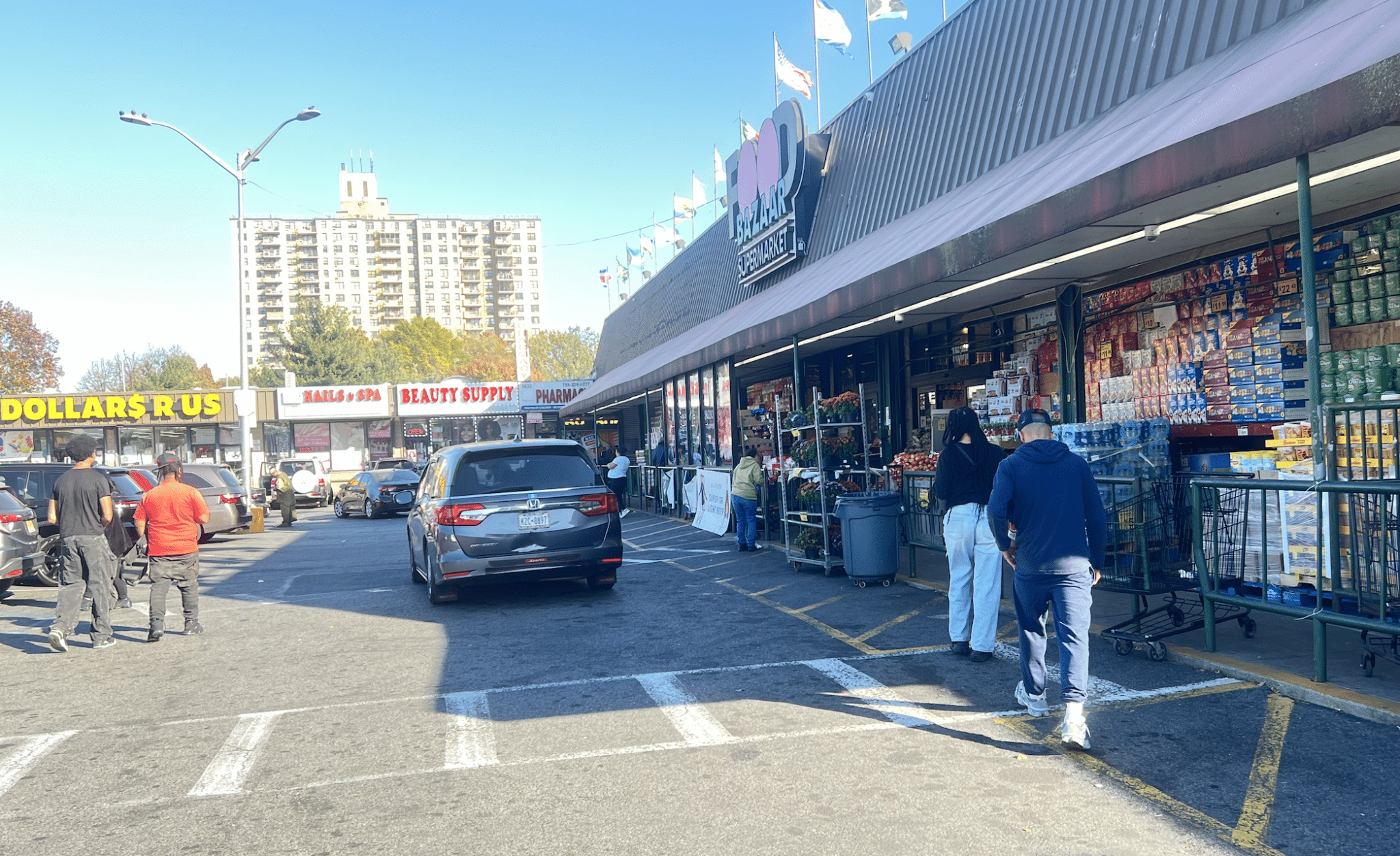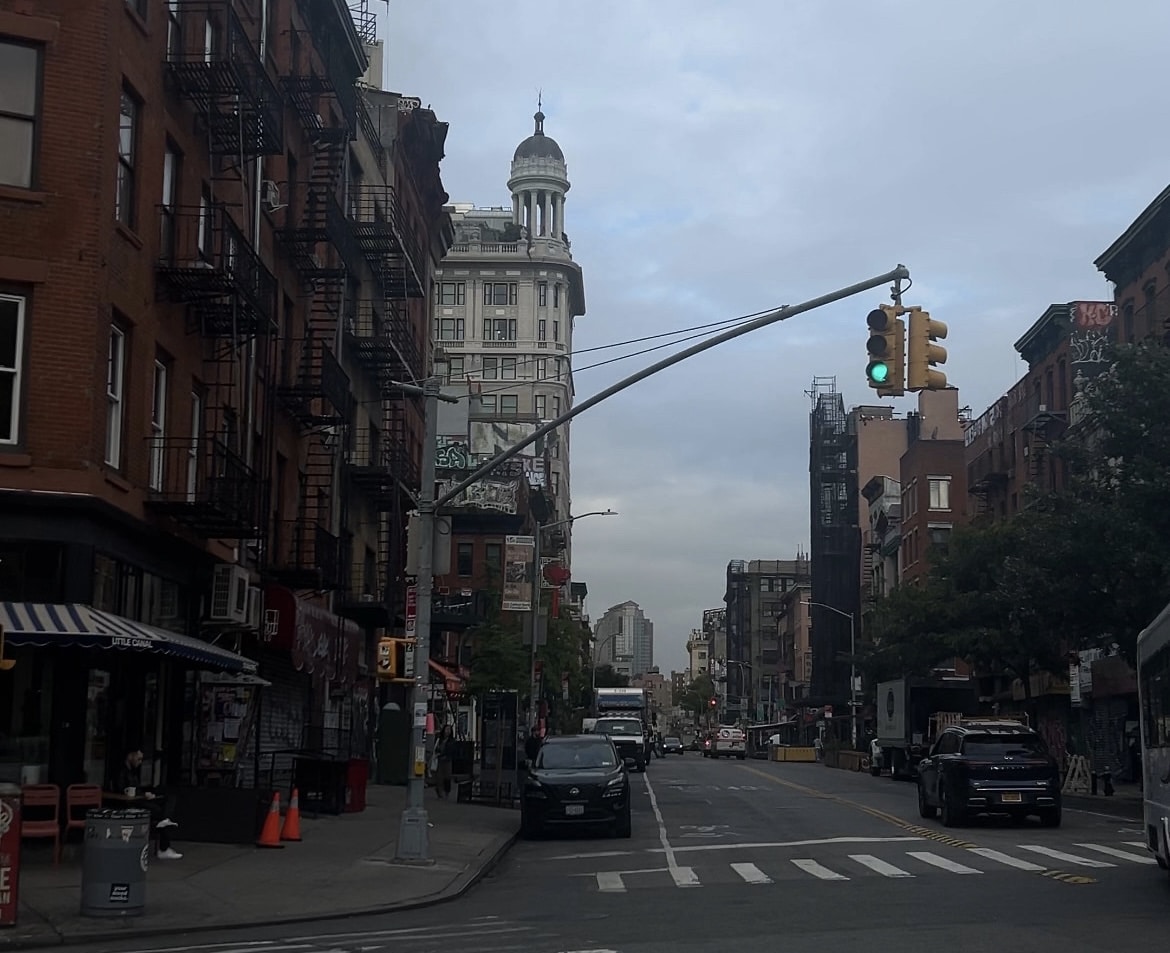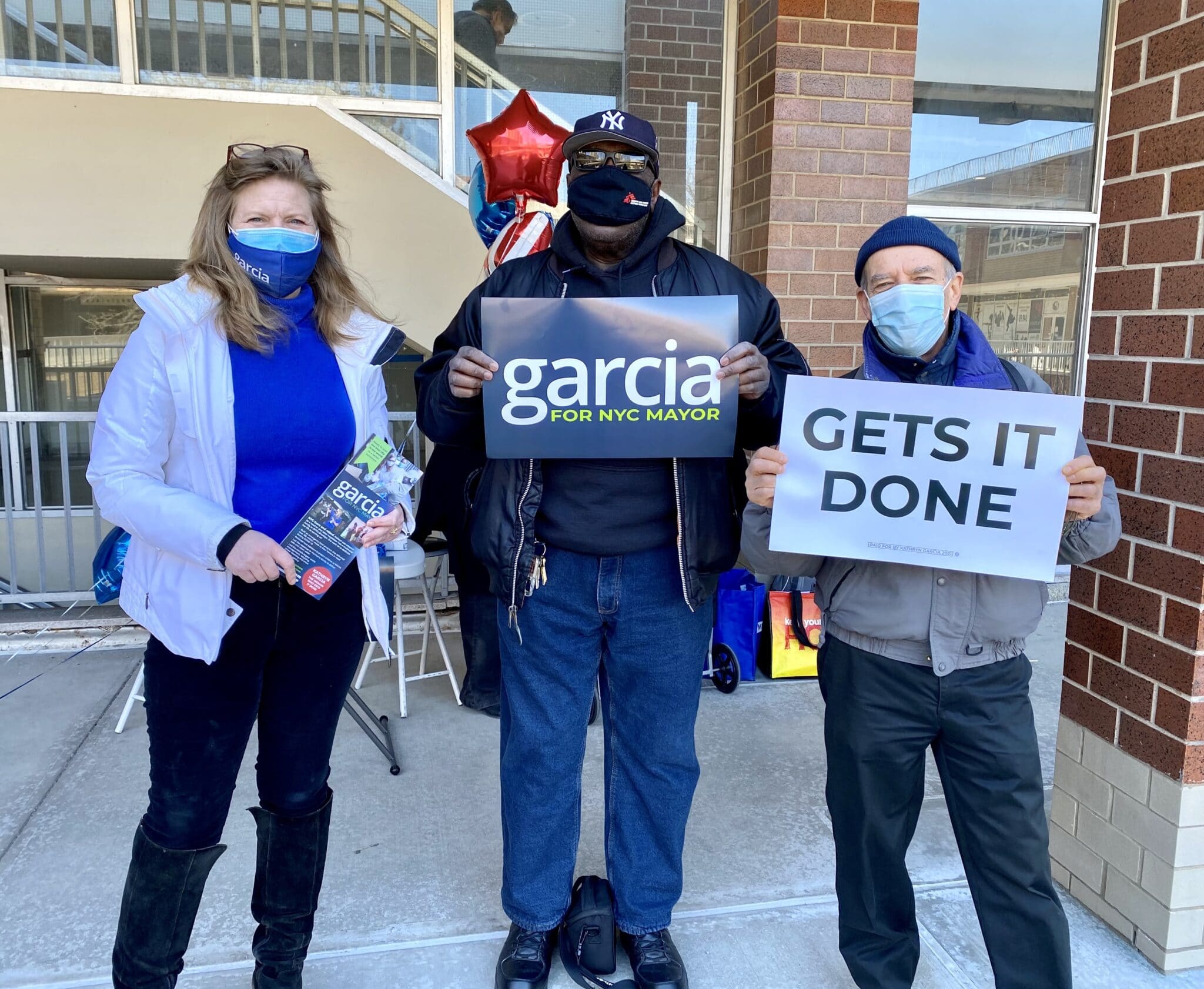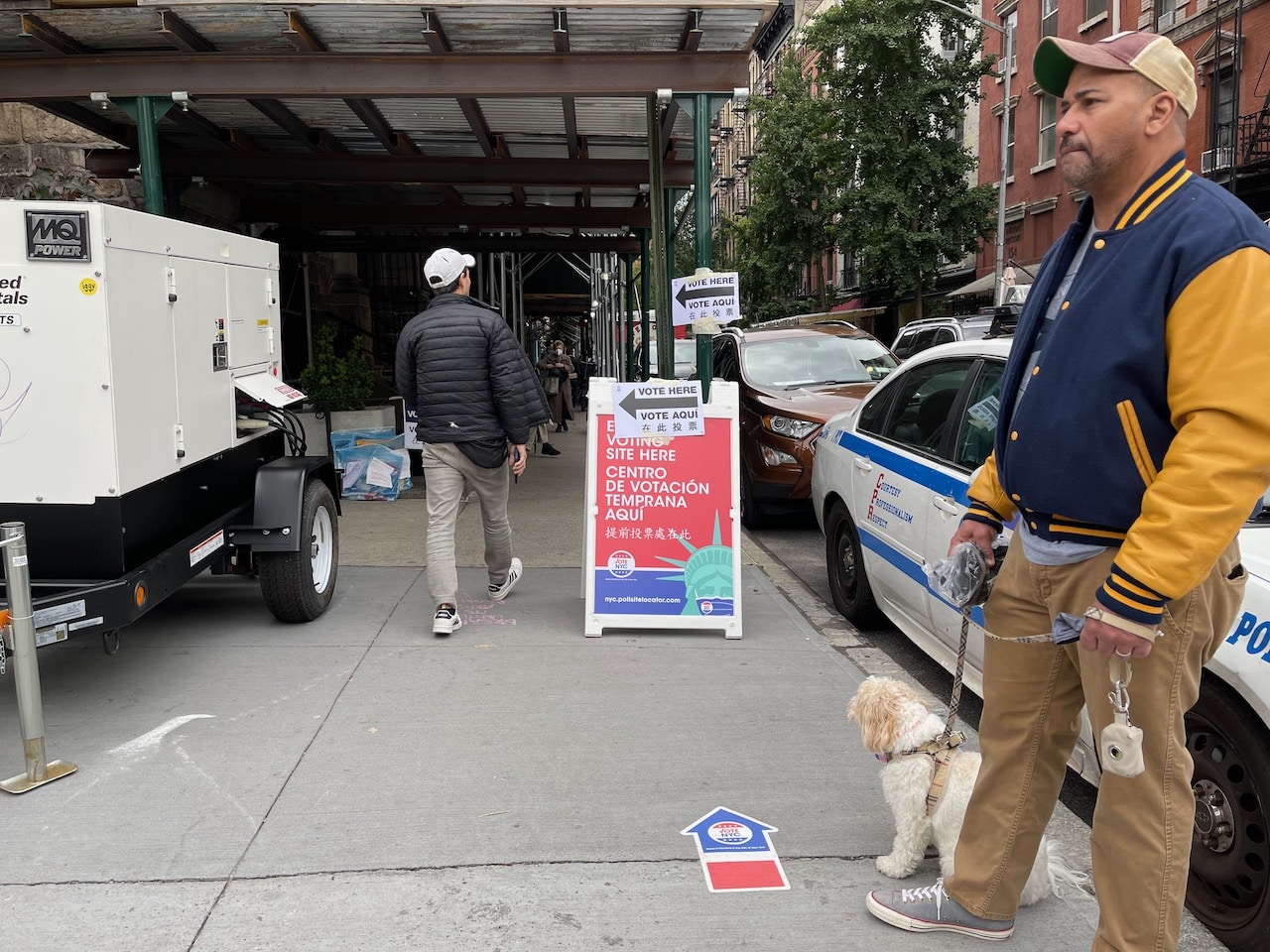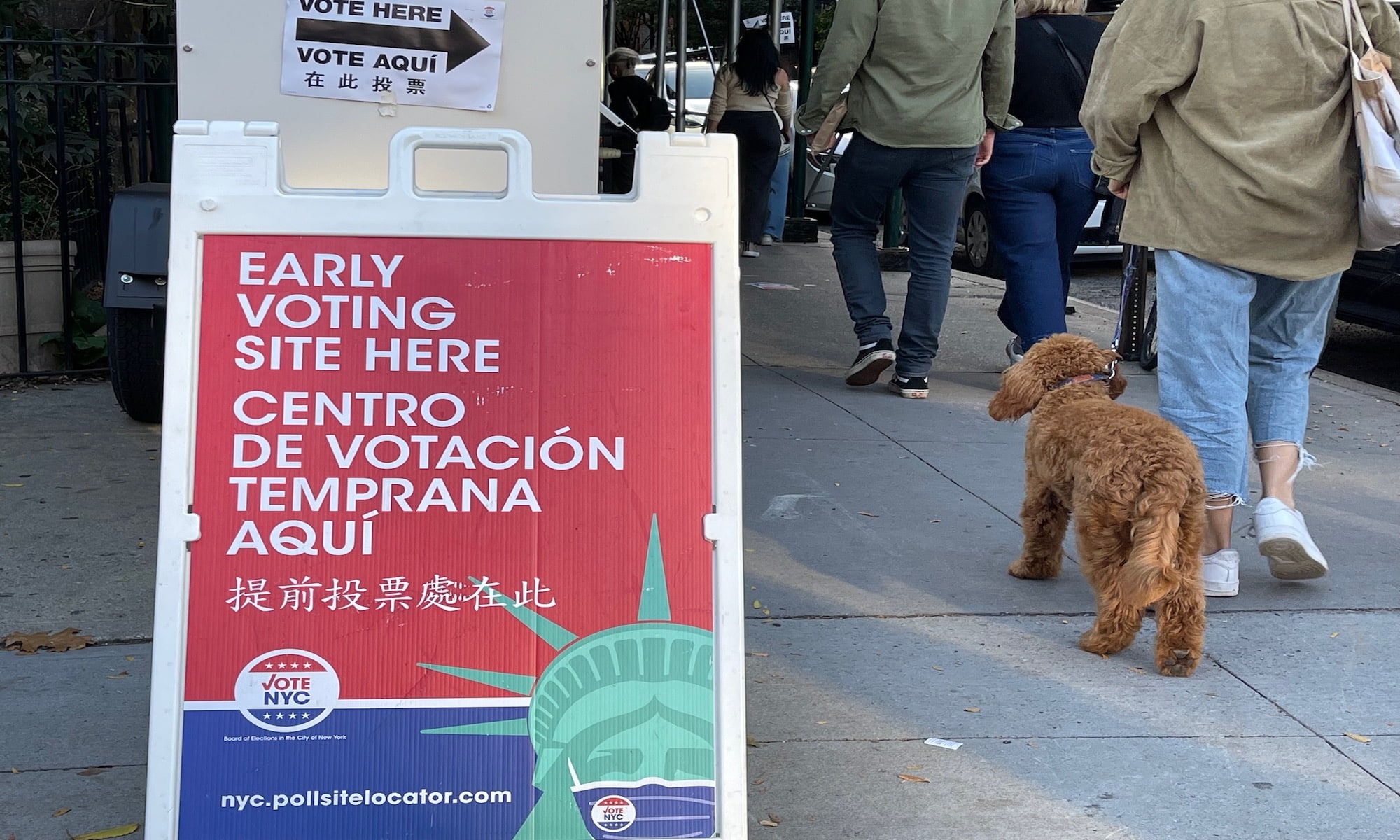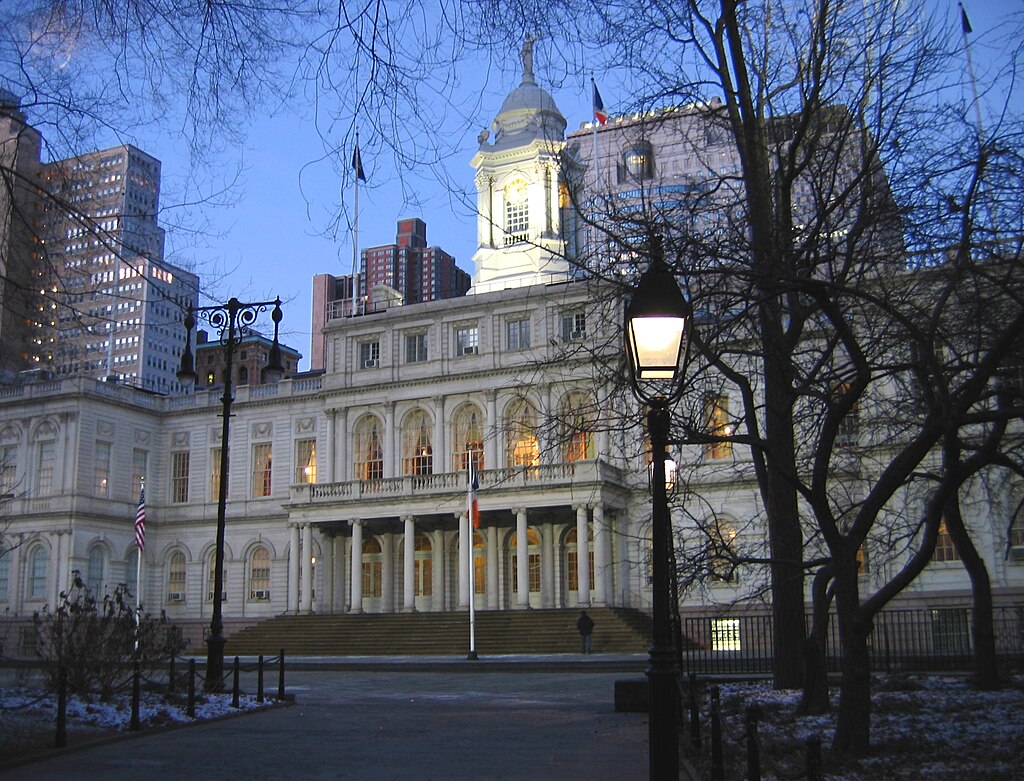People struggling with high grocery and gas prices in the Bronx wonder if politicians are listening. Photo by Frederick Opoku Kumi
In the Bronx, where minority communities make up much of the population, many residents feel sidelined and overlooked in the city’s political landscape. As election season nears, this sense of neglect has brought frustrations to the forefront, with communities increasingly vocal about being underrepresented and unheard. Concerns over political abandonment and belittling are growing, and people worry that their votes may not carry weight with policymakers.
Local resident and barber, Butcher the Barber, expressed a sentiment shared by many in his community: “A lot of the politics here don’t pertain to us as a people or a culture. It feels like they’re more focused on the dominant communities.” He sees this as a recurring issue, where election promises seem to target wealthier neighborhoods, ignoring the needs of neighborhoods like his. The lack of follow-through, he explained, leads to a feeling that local voices are less valuable in the eyes of political leaders.
Millions across diverse communities are asking if their votes will make a difference this election season. The sentiment that their voices aren’t heard resonates among minority voters who believe that, despite campaign promises, there is no real commitment to their neighborhoods. “My vote isn’t really cared about because it seems like people in office make a lot of promises, but those promises never resonate in our communities,” Butcher continued. This feeling is compounded by the infrequent visits from politicians who often don’t prioritize these areas when campaigning, making minority residents feel ignored and undervalued in the political sphere.
Every election cycle, this feeling of being left out resurfaces. The absence of meaningful political engagement and a consistent presence in minority neighborhoods has led to skepticism and, in some cases, deep resentment. Residents express frustration over what they see as an unequal playing field, with promises made to wealthier districts seldom reaching their communities. Butcher the Barber noted that “it’s rare to see politicians here. Whether we vote or not, it doesn’t feel like our voices make a difference.” For people in diverse communities, the lack of meaningful political presence sends a message that their votes are expendable and their needs secondary.
This disengagement isn’t just a short-term concern; it has broader implications for the well-being of these communities and for the health of the democratic system as a whole. Minority voters in areas with high poverty and limited resources often feel that their needs are invisible to political leaders, and they worry that this trend will continue to leave them out of essential conversations on social and economic issues. “Politicians don’t come here because they think our votes don’t matter or that we don’t care,” Butcher remarked. Yet the impact of this neglect extends beyond individual elections, as it erodes trust and faith in a system that promises representation for all.
As we approach another pivotal election, the need for inclusive political engagement has never been clearer. If our democratic system is to uphold its commitment to equality and fair representation, every community—regardless of socioeconomic status or racial makeup—must be heard and valued. Strengthening outreach in marginalized neighborhoods and addressing their needs will go a long way in repairing trust and building a truly inclusive democracy. Sidelining these communities not only weakens their faith in political participation but risks fracturing the unity needed for a healthy society. After all, democracy is strongest when every voice is valued, and ignoring any group risks undermining its very foundation.
Tags: Bronx voters diverse communities Frederick Opoku Kumi presidential election voter dissatisfaction
Series: Elections
